As an aspiring investment banker, you’re probably keen to find answers to multiple questions – how to prepare yourself for a high-stakes, high-stress job, how to approach investment banking, how to balance work and the rest of your life, what does the future of the industry look like etc. Uncovering these answers can be overwhelming with the volume of content available online. Hence, we have compiled the following list of TED Talks, which anyone looking to join or already working in investment banking, can significantly benefit from.
Let’s get watching:
1. Are you ready to become bankers? by Marcos Eguiguren
Marcos Eguiguren, co-founder of SingularNet and former Executive Director at Global Alliance of Banking on Values, talks about banks’ responsibility as the heart of the economy.
He stresses that banks connect people and hence, should also pay attention to their values. Banks that focus on investing in projects and companies that help with social, environmental, economic, and cultural development are called values-based banks.
For example, house financing is a common service across most banks but value-based banks will lend to people who want homes in eco-efficient buildings or affordable housing projects. Eguiguren emphasises that people plus planet is a greater purpose than profit, and only bankers in the industry can be the flag bearers of these values such as by ensuring transparency.
2. A Step-by-Step Guide for the Average Person to Start Investing with an Investment Bank by Matteus Pouchain
Investor relations specialist Matteus Pouchain explains how investment banks can be beneficial for the average person. He says that a savings account is as useless as stuffing money under the mattress, owing to the loss in buying power. This is because often, the inflation rate is higher than the average rate of return on a savings account.
He encourages everyone to meet an investment manager at an investment bank. She or he can help clients meet their long-term financial goals. A portfolio manager, for example, directly invests the client’s funds into a diverse set of investments. They can also help you determine your risk aversion levels as well as the horizon of your investments.
3. From Tech Start-up to Investment Banker by Jan Metzger
Jan Metzger, now Head of Asia Pacific Banking, Capital Markets and Advisory, in this TED talk takes you through his exhilarating journey from being a software engineer to a management consultant to an investment banker. Metzger talks about his struggles and successes and how he used his failure at a young age as an impetus to drive him forward. Today, Metzger has led landmark deals, including Alibaba’s US IPO of $25 billion – the largest in the world.
4. How to make a profit while making a difference by Audrey Choi
As an investment banker, it can be easy and lucrative to be motivated by money, and there’s nothing wrong with that. But most people will need something additional driving them because everyone longs for purpose in life. Sustainable investment expert Audrey Choi explains how to marry profit and positive impact in this industry.
She is convinced that the institution of the global capital markets – the nearly $290 trillion of stocks and bonds in the world – is one of the most powerful forces for positive social change at our disposal. Choi also explains how this approach with careful and sufficient consideration for good governance and the environment is beneficial for big firms as well. An Oxford study found that companies that cared about these sustainable factors had better operational efficiency, lower cost of capital and better performance in their stock price.
5. How To Multiply Your Time by Rory Vaden
Time management is a skill you will need to master as an investment banker. Thankfully, you have self-discipline strategist and New York Times bestselling author Rory Vaden to your rescue. In this intriguing TED talk, Vaden talks about original ways for effective time management, not influenced by what might have historically worked. He also presents an extremely unique take on procrastinating, suggesting that it is the key to multiplying your time.

6. How to make work-life balance work by Nigel Marsh
Marketer and author of “Fat, Forty and Fired,” Nigel Marsh talks about setting and enforcing the boundaries that we want between work and life. This can be extremely useful to investment bankers, who are widely known to work long hours, often suffering an imbalance between their work and other aspects of life.
Marsh explains that achieving work-life balance doesn’t need to be dramatic. He says that with the smallest investment in the right places, you can radically transform the quality of your relationships and of your life. You don’t need to delay your dreams to “after I retire,” if you design your work life in a particular way, in line with how you define and achieve success, not how society expects you to.
7. How to make stress your friend by Kelly McGonigal
Psychologist Kelly McGongial presents an important outlook on stress. She says that changing how you think about stress can change your body’s response to it. She points to a study conducted in the U.S., where people who were stressed and viewed it as harmful had an increased risk of dying as compared to those who were stressed but didn’t view it as a health hazard.
McGongial explains that stress induces oxytocin in our bodies, which is a sign to seek support and comfort as opposed to bottling it up. When you act on these stimuli and reach out to someone, your stress response becomes healthier, and you recover faster from it.
As an investment banker, since you will inevitably need to learn how to manage stress, you can keep McGongial’s technique in your back pocket. Remember, as we explained in this article as well, your organisation might also be able to offer you resources to help you with managing your mental health.
8. How to turn off work thoughts during your free time by Guy Winch
Psychologist Guy Winch sheds light on a seemingly small but the rather disturbing issue of thinking about work even after work. He says that ruminating on work worries outside the office leads us to activate our stress response and is highly unproductive. Although involuntary, these afterthoughts can seriously damage our emotional well-being.
Winch offers solutions in his talk such as clearing guardrails and setting strict boundaries between home and work. For example, you only designate work at home to a specific corner or space, and you only work while in work clothes. He also recommends switching off work-related notifications when you’re in the non-work time zone.
As an investment banker, you will be compelled to take your work home. Or now with a flexible work from home model, these boundaries might seem hazy. However, Winch offers easily implementable tips to tackle this issue.
9. The future of investing by Edmund Lee
Research analyst Edumund Lee talks about how the trends in investing have shifted from a concentrated focus on making money, generating cash flow, and sufficient capital to being rather asset light. Further, he explains why investing in businesses that may not be highly profitable isn’t an absurd idea.
Companies, today, go through the cyclic process of startup, expansion, high growth, maturity, and decline. Instead of investing solely in profitable companies, people are willing to pay a premium for those companies who have innovative ideas and are in the beginning of their growth cycle. Lee’s talk is a reminder to focus on the product and scalability of the company while investing rather than only their financial statements.
Conclusion:
A successful career in investment banking requires an amalgamation of the best business practices along with the softer but highly crucial skills of organising your time, managing stress, and finding an identity beyond work. These TED Talks will help you understand and learn both these aspects by introducing you to expert methods and ideas that are tried and tested.
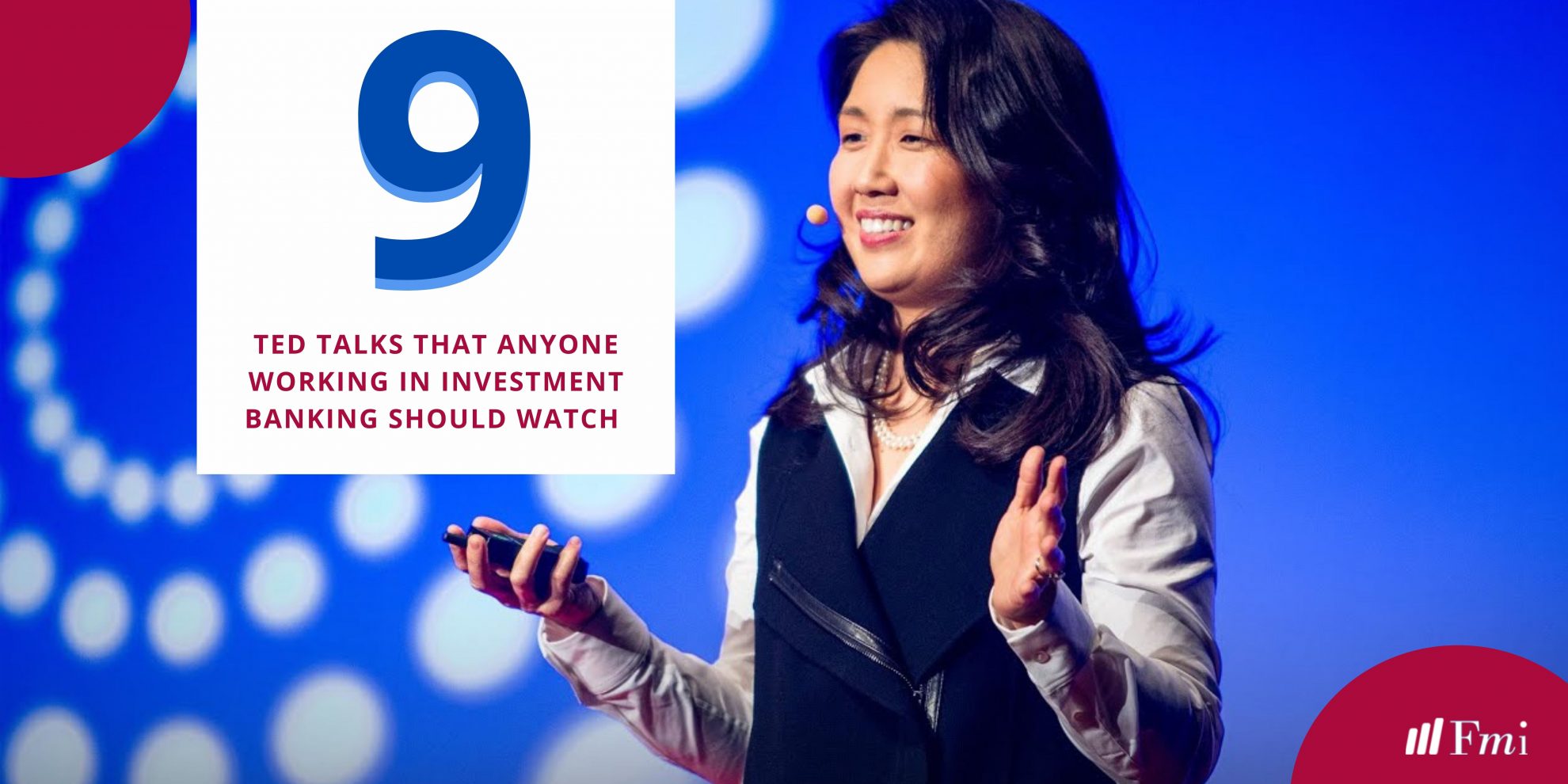
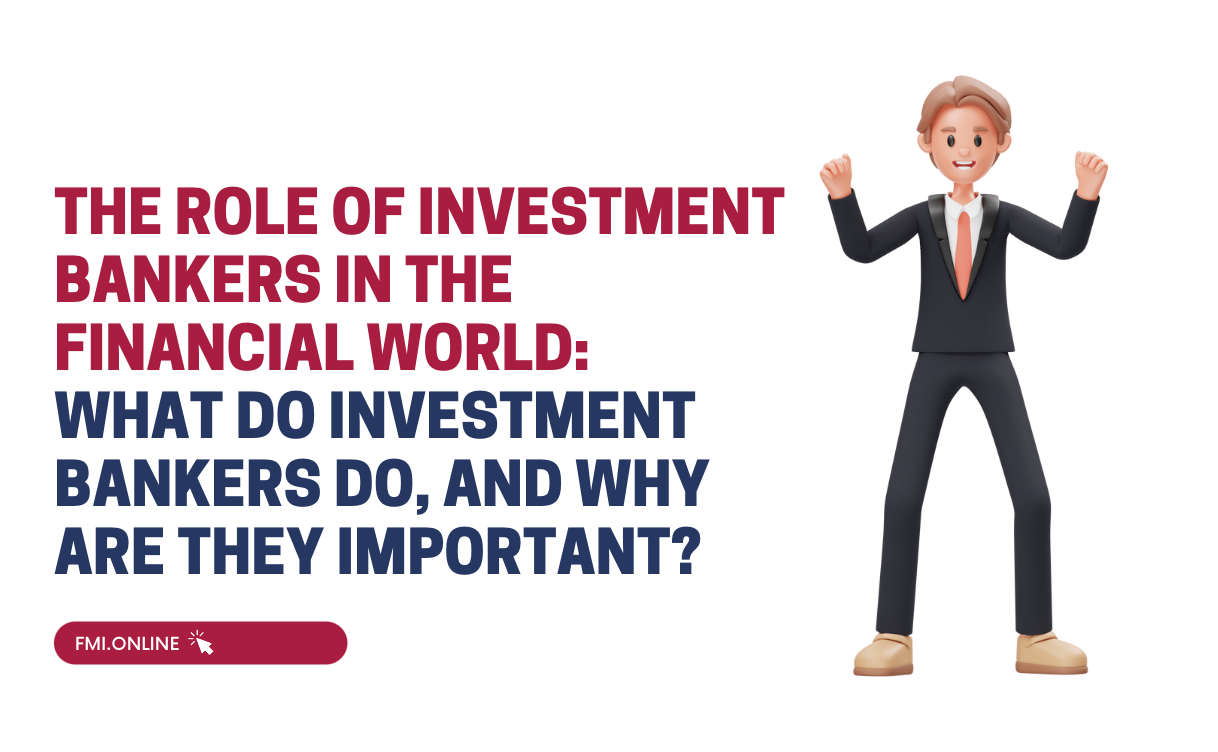
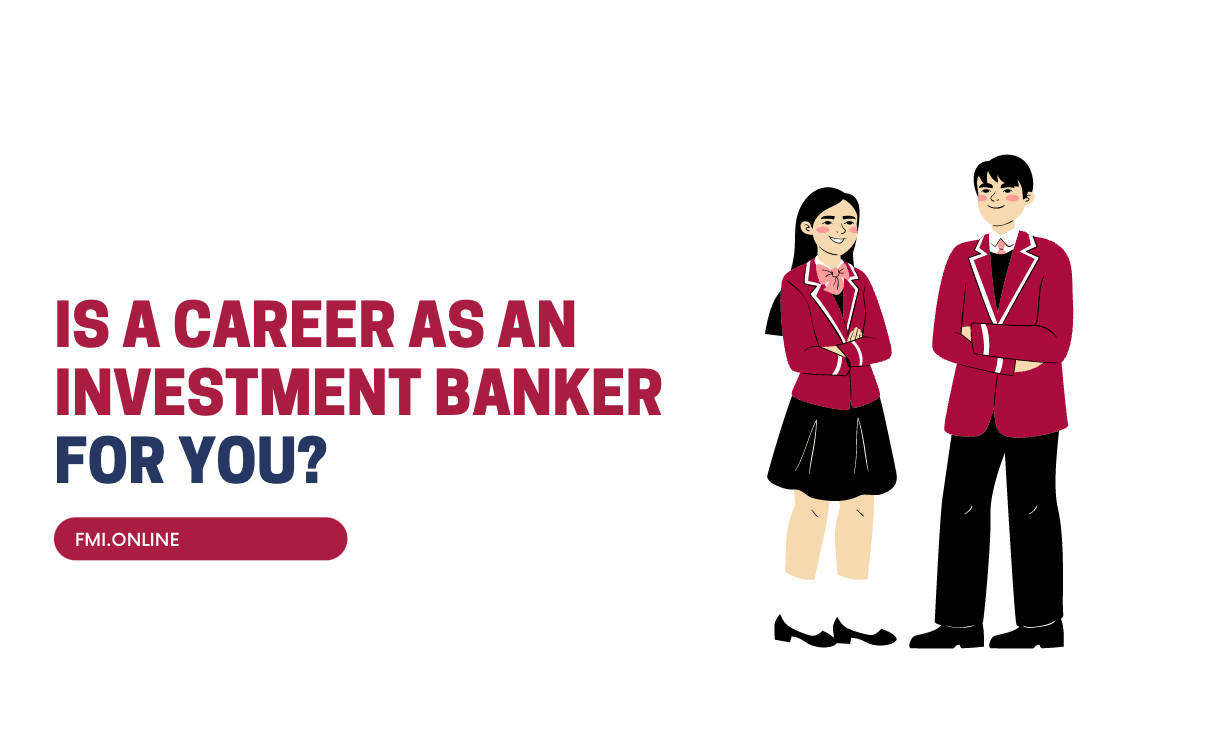



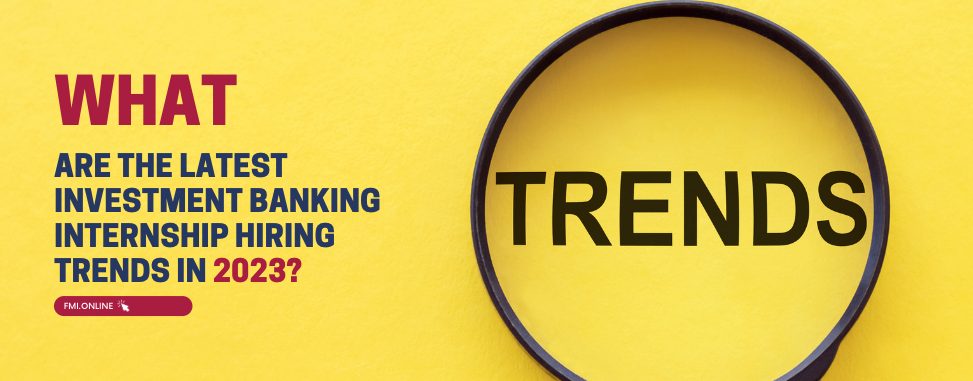

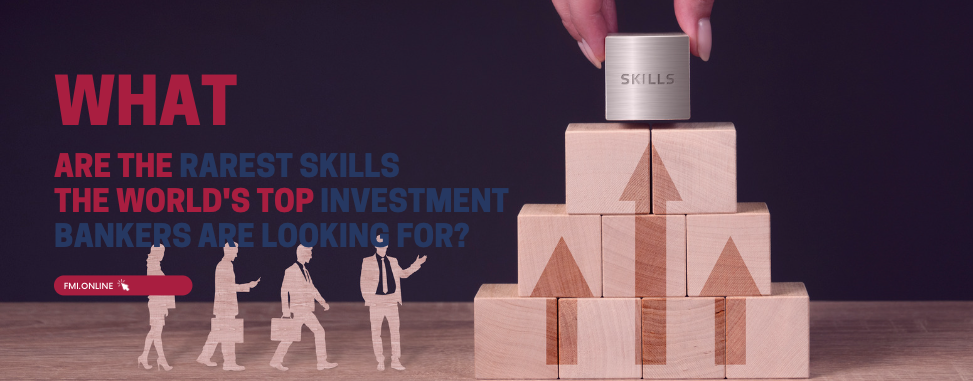
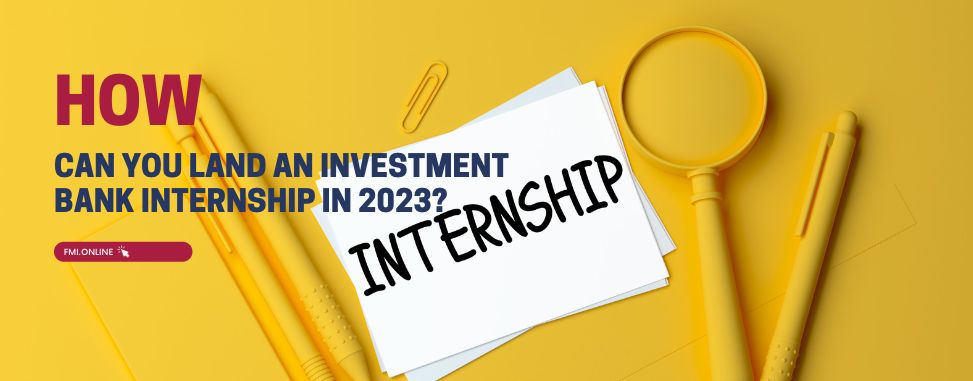
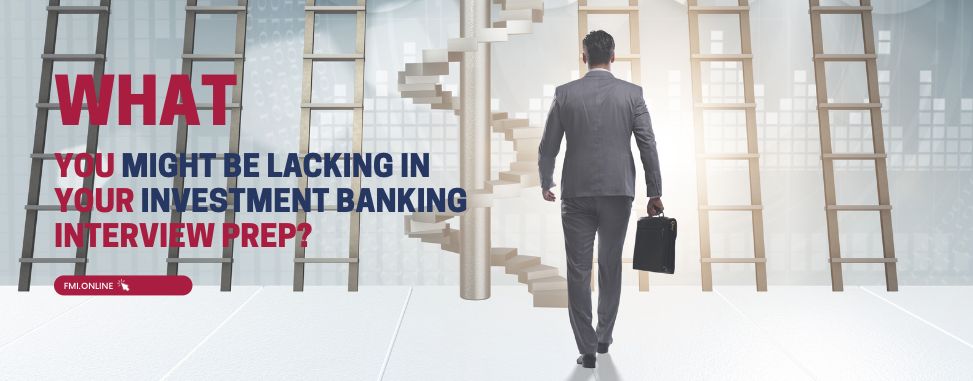

 60+ hours
60+ hours 9 courses
9 courses



